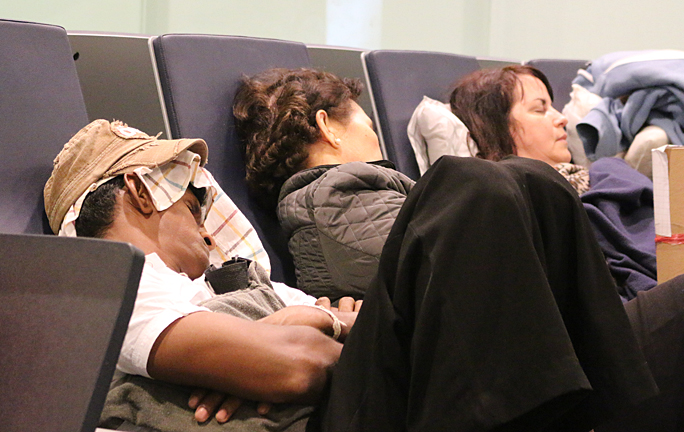Note: This article was originally published on Saturday, December 21, 2019 at 7:35 in the evening and has been updated.
Upon arriving at your destination from a long international trip by airplane, you feel tired and are ready to go to bed for the night — but the time is only 1:00 in the afternoon. Why might this happen — and how do you combat the potentially significant discomfort to your mind and body which is caused by what is known as jet lag?
14 Tips to Fight Jet Lag
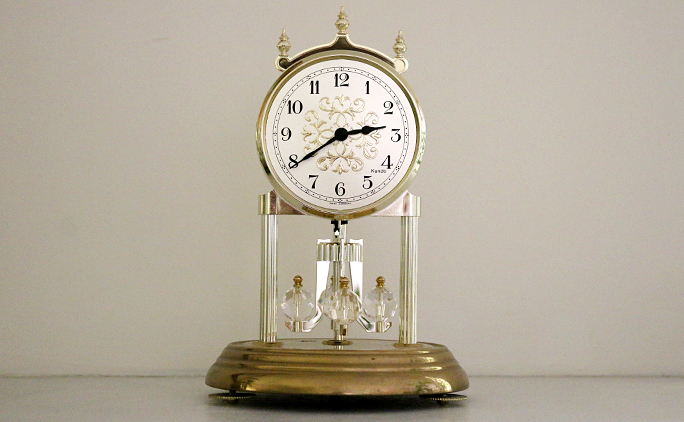
The term jet lag is a temporary sleep disorder which most often occurs when your own internal body clock — or circadian rhythms — is disrupted by traveling quickly across multiple time zones whereby your body is still synchronized to the time zone in which you are based but is different than the time zone at your destination.
Although the disorder is only temporary, jet lag can cause significant issues of discomfort to your mind, behavior and body, which may feel drained and experience daytime fatigue, muscle aches, a general feeling of not being well, difficulty in concentration and staying alert, disturbed sleep and insomnia, irritability and changes in your mood overall, and gastrointestinal problems which can include constipation or diarrhea…
..and because your time is limited while you are traveling, any issues of discomfort can significantly affect your itinerary and ultimately alter your original plans — and perhaps even potentially ruin your trip altogether. Worse is that as many as two days may be needed in order for the symptoms of jet lag to disappear.
As many as 96 percent of people who travel long distances suffer from some form of jet lag — but fortunately, there are ways to combat, mitigate, avoid or even cure jet lag which may help you to maintain better control over your comfort while traveling.
1. Get Plenty of Rest Before Your Trip? Maybe — and Maybe Not…
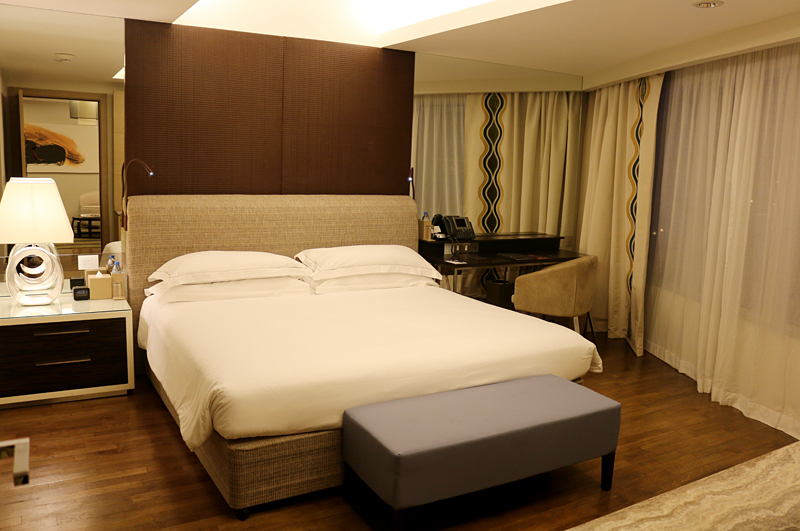
Believe it or not, I never leave home well rested. In fact, there are times I am awake for 24 hours or more immediately prior to a long flight or long road trip — usually because I am packing my belongings at the last minute; as well as checking everything several times to ensure that I do not forget anything — but then, this helps me sleep better aboard the airplane where conditions in the economy class cabin are not exactly conducive to optimum comfort for sleeping.
I am not advocating that you should leave home without being well-rested prior to a long trip — in fact, you are likely better off resting as much as possible prior to departure on your trip — but what works for me might work for you too, which is why I mentioned it here.
2. Gradually Adjust Your Schedule for Days Prior to Your Departure
Some people find that by going to sleep one hour earlier for each night for a few days prior to leaving on their trips, they are better able to acclimate themselves to the local time and reduce the risk of suffering from jet lag.
Eating meals closer to the time at your destination can also help you adjust to the time difference.
I do not adjust my schedule prior to embarking on a trip; but doing so may help you mitigate jet lag for your trip.
3. Gradually Adjust Yourself During Travel — Not When You Arrive
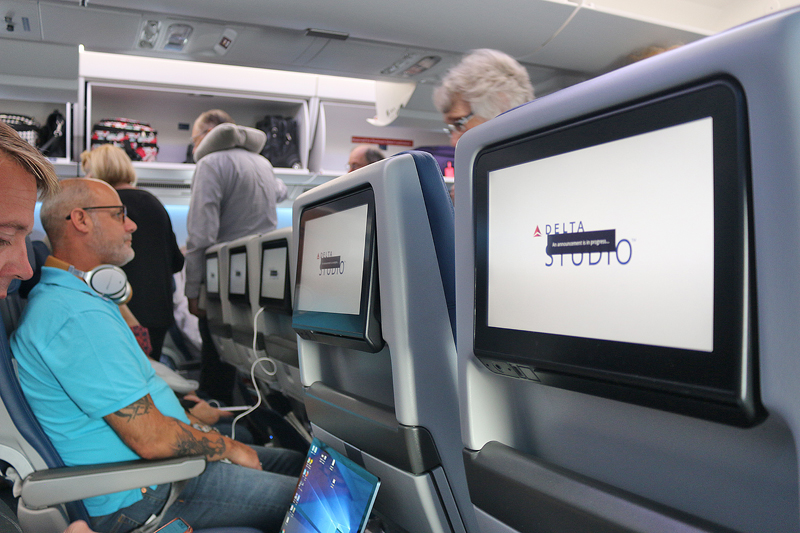
Jet lag is obviously most apparent when traveling eastbound to a destination far away, as you “lose” time when traveling in that direction; and this usually means long flights — but you can adjust yourself as a passenger aboard airplanes.
When I traveled to Sydney from the United States as a passenger in the business class cabin seated upstairs on a Boeing 747-400 aircraft operated by Qantas Airways, I may have napped for 30 minutes at the most during the flight which lasted for approximately 14 hours — and that is not counting no sleep on two previous flights. This is because the airplane was scheduled to land after 8:00 in the evening local time at the airport which serves the greater Sydney metropolitan area; and the short nap was enough to break the consecutive hours of staying awake while simultaneously re-energizing myself. I had a reservation for a room in a hotel property near the airport; so by the time I was processed through immigration at the airport, rented a car, drove to the hotel property and checked in, I was tired and it was time to go to bed for the night anyway. My body had no problems adjusting to the local time for normal sleep patterns.
If a long trip is to conclude with a flight where the airplane lands in the morning, I attempt to get as much sleep as I can during the journey so that I may stay awake for the day when I reach my destination — and therefore go to sleep at the appropriate hour conforming to local time.
4. Food and Beverages: Nutrition and Hydration

Even in the economy class cabin aboard an airplane, meals, snacks and beverages are available to passengers. Drink as much as possible to keep yourself hydrated — I typically drink water and orange juice by themselves; but I will consume an occasional cola or ginger ale during a meal.
Try not to remain hungry. Eat as much as you can until you are satisfied so that your body is properly nourished…
…but also try not to overeat either. Remaining hungry or overeating can both lead to discomfort not only while traveling; but also after arriving at your destination. If you have access to lounges at airports, do the same: eat and drink until you are satisfied and properly hydrated.
Drinking a natural tea may recharge your mind and body and help you to sleep well for the night. I do not drink tea — but I usually do not suffer from jet lag anyway. Although I have no problems going to sleep after drinking a cola, ensure that the tea is not loaded with caffeine, as that can potentially keep you awake.
Avoid consuming alcohol and coffee prior to going to bed. That is not a problem for me, as I do not drink alcoholic beverages or coffee…
…but although he said that he was not sleeping well, I do wonder if Yihwan Kim of Mile Writer, who voluntarily experimented — mostly driven by curiosity — with what life would be like traveling for a month without consuming alcoholic beverages ever had problems with jet lag; and if those problems were mitigated or eliminated as a result of quitting drinking alcoholic beverages for a month.
5. Entertainment During Travel
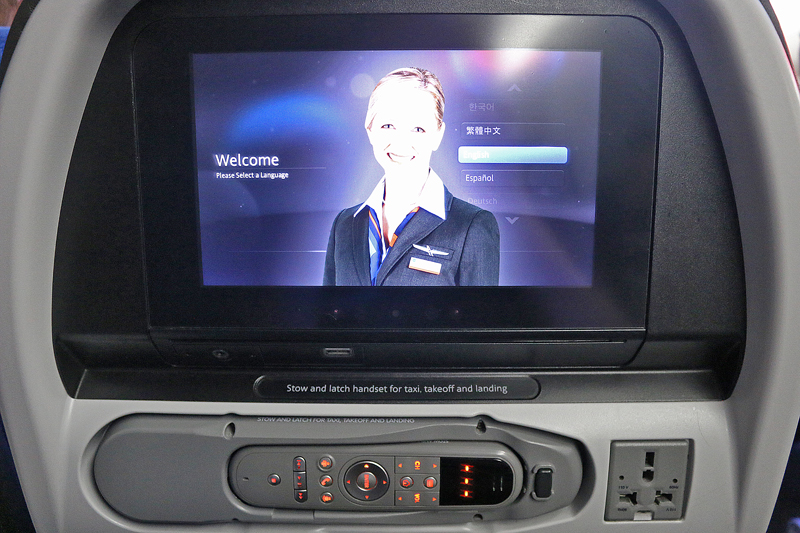
Ensure that you have some forms of entertainment available to you while traveling in order to get your mind off of the time difference — whether the source of that entertainment is via an in-flight entertainment system aboard the airplane or a portable electronic device. I may occasionally watch a movie to become mindless for a couple of hours; but listening to music while traveling is what is most effective to me.
Note that for some people, being entertained will keep them awake; while for others, it helps them to fall asleep. I can fall in either camp; but more importantly, be aware of what watching entertainment can do for you — and use it to your fullest advantage.
6. Medications
I do not take any medications whatsoever — that will eventually change one day as I age — but when and how you take medications can affect your internal body clock. For example, if a medication causes you to become drowsy, try to take it before going to sleep if it is at all possible.
If you are seeking recommendations for some form of medication or pharmaceutic drug to assist you with adjusting to jet lag, sorry — I do not believe in that and have no recommendations. I prefer to avoid jet lag as naturally as possible and will not take items such as sleeping pills.
For the same reason, I also do not advise the use of alcoholic beverages to assist with conquering jet lag.
7. Acclimate to Local Time
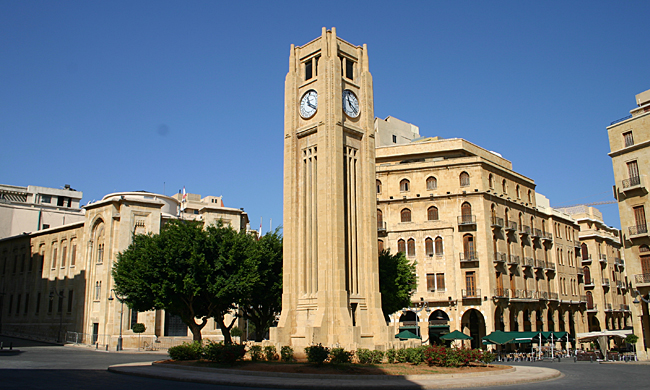
Although I never changed the settings on any watch or portable electronic device which I bring with me when I travel, I acclimate to the local time. For example, if I arrive at lunch time and I am hungry, I will partake in lunch.
For me, simply looking at the local time on a clock is enough. The clock says 4:00 in the afternoon; so the time must be 4:00 in the afternoon. I never say to myself, “It is still 2:00 in the morning back home; so I must go to sleep because my body feels like it is the middle of the night.”
In fact, the opposite is true for me: I usually stay up until the wee hours of the morning on most days — it is not all that unusual for me to stay up until 6:00 in the morning and yet awaken sometimes at 9:00 in the morning — so adjusting to a different time zone is actually easier for me as a result.
For example: if I typically go to sleep at 5:00 in the morning at home but that same time at my destination is 10:00 in the evening, I can easily go to sleep there with no problem at all.
Adjust yourself to the local time as best as you can. For me, if the time is 7:00 in the evening at my destination, I will typically have dinner, take a long hot shower, relax for a while, and go to bed to sleep for the night. Although this may not work for everybody, I find that I am fully adjusted to the local time when I wake up the next morning.
8. Spend the Day Outside — But Do Not Overdo It

“A key influence on your internal clock is sunlight. That’s because light influences the regulation of melatonin, a hormone that helps synchronize cells throughout the body”, according to this article from the staff of the Mayo Clinic. “At night, when the light signal is low, the hypothalamus tells the pineal gland, a small organ situated in the brain, to release melatonin. During daylight hours, the opposite occurs, and the pineal gland produces very little melatonin.”
You may be tempted to relax in your hotel room after a long journey and you arrive during the day — but you actually risk further disrupting your circadian rhythms. Instead, go outside and enjoy the sunshine. Even if you do not want to leave the hotel property, at least go outside by the pool or walk on the grounds to stay at least minimally active.
Do not overdo your exposure to sunlight, however. In addition to the usual risk factors — such as skin cancer as one of many examples — you can still contribute to the disruption of your body comfort, which defeats the purpose of battling jet lag.
9. Stay Active
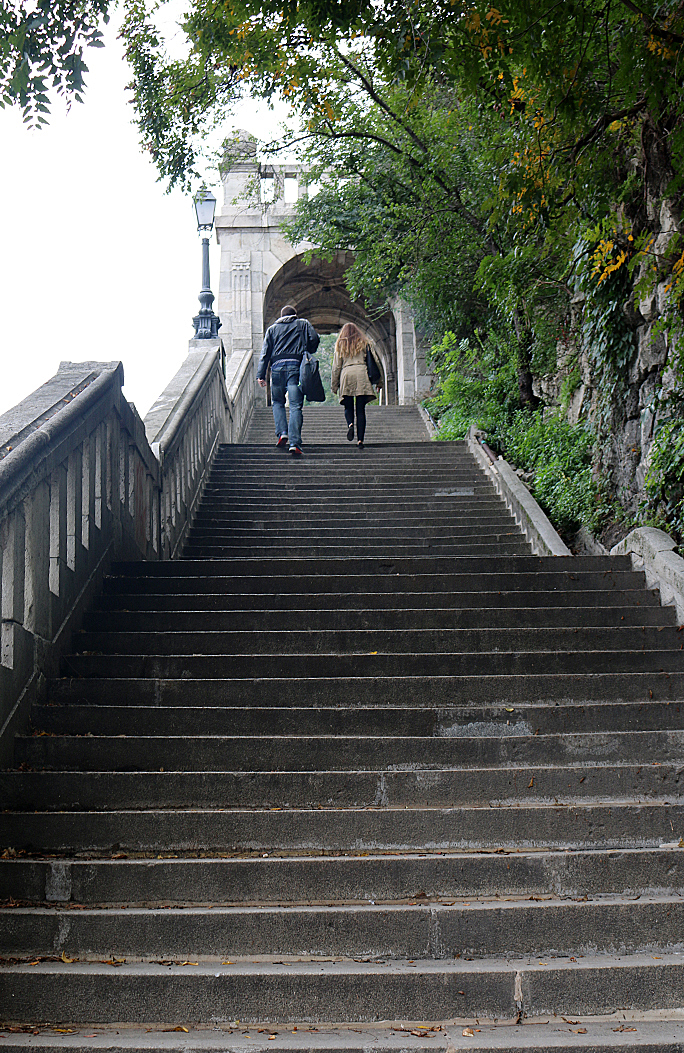
Exercise either in the early morning or late afternoon can help to revitalize you and reset your internal body clock — but avoid exercising late at night, which can cause further disruption to your sleep pattern.
I personally stay active simply by exploring the city or country where I happen to be located at the time — and that helps to keep my mind off of any potential jet lag which could try to creep up on me while checking off places which I want to see and experience. I can do this all day…
…although:
- After escaping a predicted snowstorm in Atlanta and successfully bypassing a ground stop as a result to…
- Find myself in Terminal 4 of John F. Kennedy International Airport in New York; and
- After embarking on two long international flights — one from New York to Abu Dhabi and the other from Abu Dhabi to Johannesburg...
- …and landing in Johannesburg in the morning to embark on a road trip to Lesotho, I was not expecting to…
- Change a flat tire after hitting a pothole with the rental car
- Wait at the border in the pouring rain for four hours
- Double back to get gasoline because there was none available where I was going, and
- Be locked out of the hotel until 1:30 in the morning at where I was supposed to stay…
…but I must say — tired as I was — all of that garbage kept my mind off of jet lag.
Whew…I became tired just writing that paragraph. How in the world did I do all of that — and in the economy class cabin all the way through? What was I thinking?!?
10. Nap For Up to 20 Minutes

I try not to sleep at all until bedtime at the local time of where I happen to be located; but if you are extremely tired, a nap for up to 20 minutes can be a good refresher which can help you during the long stretch to bedtime…
…but be sure that you have an alarm of some kind to wake you up — because if you are absolutely exhausted and you sleep beyond those 20 minutes, that could potentially turn into a deep sleep and ruin your good night’s sleep later on when you truly need it.
11. Sleep at Least Four Hours at Night
Once bedtime at your destination arrives at night, ensure that you get at least a minimum of four hours of sleep — whether or not you take a nap during the day — to help synchronize your circadian rhythms with the local time zone.
Getting the sleep you would normally get at home would be ideal.
12. Invest in Ear Plugs and an Eye Mask
I never use ear plugs or an eye mask — ever — whenever I want to sleep; so this suggestion does not apply to me. However, if you believe either of these items will work for you, go for it…
…and if you do not like when the window shade aboard an airplane is opened, the eye mask will certainly help to block out unwanted daylight.
If you are a frequent traveler, chances are that you will receive an amenity kit from an airline which contains these items — if you do not already have a collection from past flights.
One other investment you may want to consider — although I do not use them — is “Re-Timer” glasses, which claim to “help improve your sleep by re-establishing a healthy sleep schedule.“ I cannot vouch for the veracity of that claim; and I am not willing to invest $169.00 to find out.
13. Take a Cold Shower in the Evening and a Warm One in the Morning
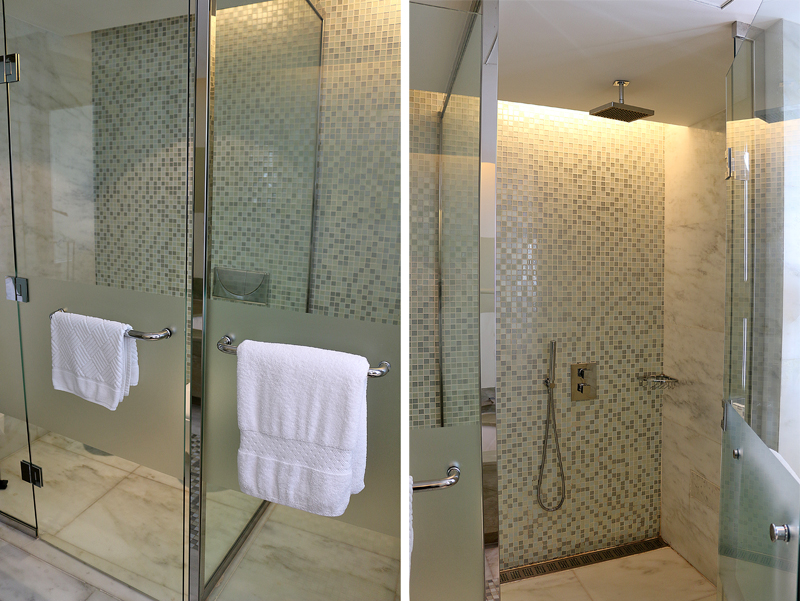
Melatonin is a hormone which helps to regulate and synchronize cells throughout the body; and it can be affected by changes in temperature to the body.
I only recently began taking cool showers; but only when the weather is hot and humid, as I really did not understand the purpose of cooling down a room with air conditioning — only to have the heat and humidity of a hot shower combat the work of the climate control system.
I still prefer long hot showers most other times; and although I do take them in the morning, I prefer to take them in the evening. I feel clean, relaxed and comfortable prior to going to bed — and extra points if the shower head has several settings which include at least one water massage.
Further extra points if the bed is comfortable and has ample blanket and sheet coverage, as I will be out like a light after a good shower.
14. Do Nothing If You are Away For Only a Day or Two
Mitigating jet lag works best if you are going to be at your destination or a certain region of the world for a significant period of time…
…but if you will be at your destination for only up to two days at the most, the last thing you want to do is go through the trouble of acclimating yourself to one time zone by the time you are ready to return to the time zone from which you came.
Final Boarding Call
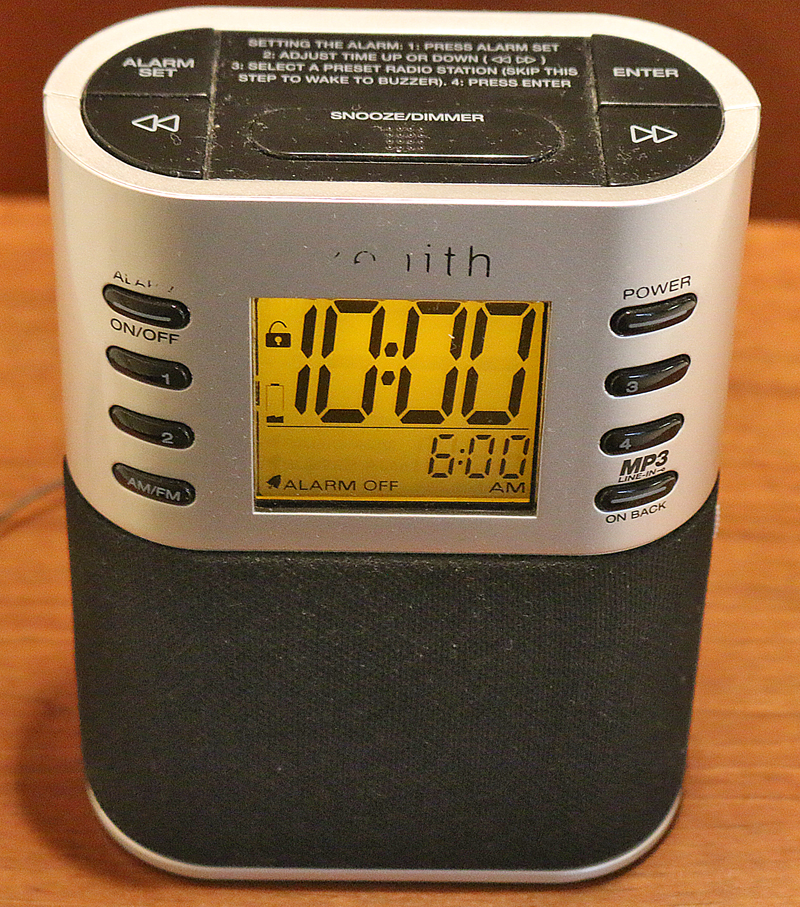
“How come you do not suffer from jet lag?” was a question asked by reader caveman in response to a statement I posted in this article pertaining to Daylight Saving Time where I said “I do not suffer from jet lag; so changes in time zones — coupled with Daylight Saving Time — do not bother me.”
I wish I could give you a natural magical antidote for jet lag and its symptoms; but some of what I imparted to you in this article is what works best for me and are the closest natural solutions…
…and the funny part is that I did not seek out solutions to jet lag — I just happened to figure out on my own and adapt to what I thought would work for me. As a result, I have not experienced jet lag in years — I cannot even recall the last time I experienced jet lag — despite having traveled all over the world through many different time zones.
I tend to listen to what my body is telling me, which may counter what I had advised earlier in this article; but I also combine that with using my mind to convince my body as to what is the correct time. This last sentence is rather difficult to explain because it seems counter-intuitive; but that combination has worked well for me for years.
Realizing not everything that works for me may work for you, I invite you to please add your input in the Comments section below on what specifically works for you to avoid experiencing jet lag. After all — just because something works for me does not necessarily mean that it will work for you too; and vice versa.
Thank you in advance.
All photographs ©2006, ©2014, ©2015, ©2017, ©2018 and ©2019 by Brian Cohen.
